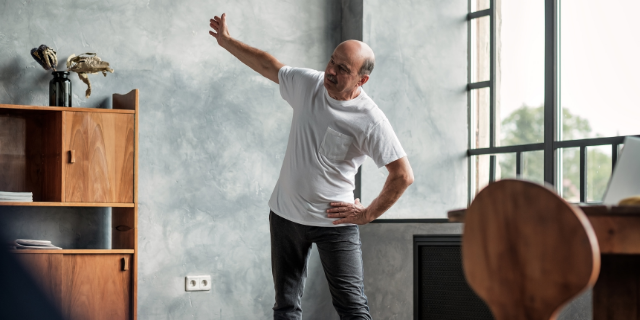
As we age, it becomes more and more important to take care of our bodies and take precautions to protect ourselves, especially from the risk of falling. Age can turn falls into dangerous — and even deadly — mishaps, so it’s important to ensure that your loved ones are safe. Are you worried about the possibility of an older person falling? There are elderly fall prevention steps that can be taken to reduce that risk.
Falling can be a serious problem for older adults, and it’s more common than you may think. Each year, more than one out of four older people experience a fall. These falls can have serious consequences, such as broken bones (particularly hips), head injuries, traumatic brain injuries, and even death.
While anyone can experience a fall, there are factors that may make your loved one more susceptible to falling. These include:
Many elderly people have a combination of these risk factors; the more they have, the more likely it is that they will experience a fall. It’s important to address as many of these factors as possible to ensure your loved one is safe. Some may involve simple fixes, but others might necessitate a temporary or permanent change in their lifestyle. Here are a few steps you can take:
The most effective way to prevent falls is to maintain a healthy lifestyle and practice daily balancing exercises. These should be low-impact, simple movements that strengthen your loved one’s muscles (particularly in their legs and hips), reducing the risk of stumbling. Looking for a place to get started? Take a look at the infographic to help them learn and practice some of these exercises:
These exercises will serve to strengthen your loved one, helping them to maintain better balance and reducing their risk of falls. An important note: make sure that they are safe when exercising. If you’re not sure what level of activity they can handle, work with their doctor to develop an exercise plan — and make sure that the exercise sessions are supervised.
At Knollwood Nursing Center, we care about the health and safety of our residents, during and after their stay with us. If your loved one needs the support of a safe, welcoming nursing environment, we’re here for you. To see whether Knollwood is the right fit, fill out our application. We’re looking forward to helping you with all of your loved one’s health needs.